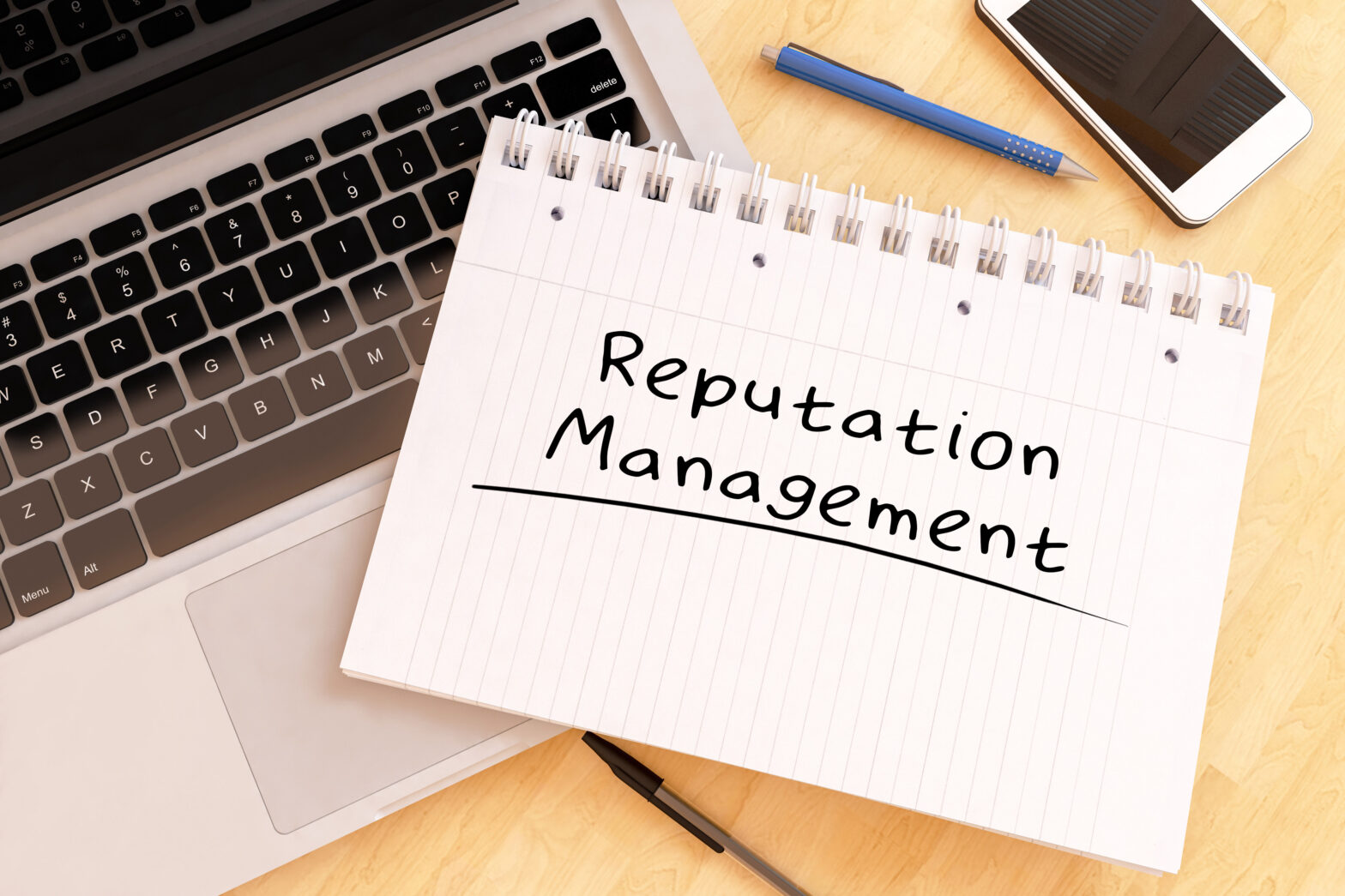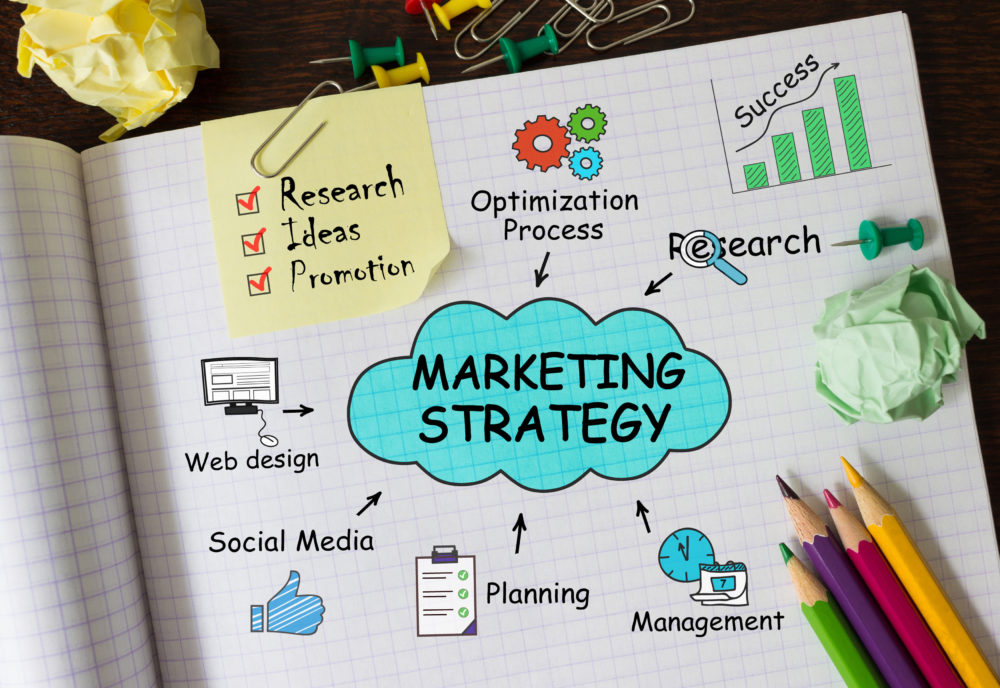In this SmallBusiness.co.uk monthly series ‘Lessons Learned’, Jennifer Janson, author of The Reputation Playbook and managing director of Six Degrees, will assess how a company recently in the news has handled a crisis, and provide top tips for small businesses to avoid making the same mistakes.
Last month, we explored the crisis that shook the Korean giant Samsung, after a fault was discovered in the battery of its new Galaxy Note7. As an interesting follow up, airlines all over the world are now routinely announcing at boarding stage that Samsung Galaxy Note 7 phones are not allowed on the plane, or must be kept switched off at all times (depending on the airline). No doubt a painful reminder to Samsung, but also a really challenging issue to deal with as a brand that attempted to move swiftly to stem the tide of negativity.
This time, we will address a crisis sparked by comments made in an interview – something anyone who courts the media may have to deal with at one time or another. In mid-November, New Balance, the American shoe manufacturer, was plunged into a PR crisis. During an interview with a Wall Street Journal journalist Sara Germano, New Balance’s director of public affairs, Matt LeBretton, declared that with Donald Trump being elected, things were going in the right direction.
The comments sparked an immediate outcry on social media. And as if people burning shoes were not enough, The Daily Stormer, a white supremacist/neo-Nazi publication, promptly defended the brand declaring it the ‘official shoe brand of white people’.
New Balance was swift to respond issuing the following message on its Twitter account:

Although the company was quick off the mark to respond, the social media maelstrom continued to gain pace.
So, what now for New Balance?
The good news is that the company’s statement appears to have spread far and wide on social media. We could draw the conclusion that New Balance has a lot of ‘fans’ out there that are probably willing to jump to its defence in times of crisis. Perhaps what we’re seeing is the power of storing up goodwill and coasting on a previously positive reputation.
To quote Michelle Obama during one of her recent campaign trail speeches for Hillary Clinton ‘when they go low, we go high’. It is critical that New Balance continues to take the high road, keep its composure and do everything in its power to ensure the behaviour of the company as a whole, and every single team member, reinforces the fact that it wants nothing to do with being seen as the shoe of choice for white supremacists.
The best is to be transparent and clear on the values the company holds, and reinforce the tangible ways this is demonstrated in its everyday running.
It will be interesting to see how the market reacts and what the long-term commercial impact of this crisis will be on the brand. It’s yet another example of a company’s customers holding significant power when it comes to shaping reputation. If white supremacists choose to make New Balance their shoe of choice, it won’t be easy to shift that perception among the public.
That said, this crisis has created an opportunity for New Balance to use its resources and influence to take a stand on an issue that matters.
What can everyone else learn from this mismanagement?
Media training, media training, media training!
No matter how confident your spokespeople are, it is really important to media train them on a regular basis. It is a journalist’s job to pull out the most interesting – and often controversial – soundbites from an interview. That doesn’t mean they are ‘out to get you’ (all the time!) Having something taken out of context doesn’t mean it wasn’t said so if your spokesperson is saying something that requires qualifiers – he or she should think twice about saying it at all.
That is not to say that your goal in an interview is to be as bland as possible. Quite the contrary. The best interviewees have strong opinions on relevant and timely topics. Just make sure you run through what your messages are on those topics and don’t deviate.
Before talking to the media, it’s also important to be aware of the context in which the interview is happening. A highly polarised and emotive presidential campaign, where every day sparks a new angle, might be one to shy away from if you are in any way worried your comments might be misconstrued. If, however, you plan to use the campaign as a platform to address an issue you are passionate about as a brand, then be prepared for the outcomes, both positive and negative.
Are there any companies out there at the moment doing a good job of handling crises?
For this festive season, there is one campaign that has caught my eye. The supermarket chain Tesco, recently announced it will distribute 18,000 free packs of mince pies across 18 locations in the UK. The reason behind this? None other than spreading the spirit of Christmas. Well, that and increasing positive sentiment towards the Tesco brand of course ☺.





